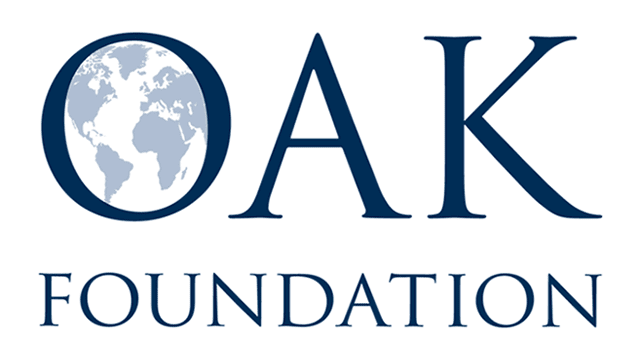26 May 2021, Zagreb/ New York
PGA congratulates Croatia on ratifying four amendments to the Rome Statute on war crimes, including the most recent one on starvation as a punishable offense in non- international armed conflicts. By the ratification, Croatia has decided to bind its nationals and its territory to the prohibition of the use of certain weapons and of the method of warfare of using starvation against civilians, applicable in armed conflicts of both international and non- international character.
Having already ratified the Kampala Amendments on the
crime of aggression and war crimes in 2013, as well as on the removal of the
“transitional provision” on war crimes of Article 124 in 2018, Croatia has effectively
ratified all amendments to the Rome Statute. In
this respect, PGA wishes to extend its congratulation to its
former Member, Mr. Andrej Plenković, Prime Minister of Croatia, for this
important decision by the Government and Parliament of Croatia which sets an
important example for other States
On behalf of PGA, I sincerely congratulate Croatia on this significant development which reflects the progress in the advancement of international law that has been made since the adoption of the Rome Statute in 1998. PGA supports the universal ratification and entry into force of all amendments to the Rome Statute. We therefore call on all States to follow Croatia’s example - wide ratification of the amendments, together with their effective implementation in the countries’ domestic frameworks, is key to ensuring that the perpetrators of these crimes will face justice.Ms. Margareta Cederfelt, MP (Sweden), The President of Parliamentarians for Global Action (PGA)
Through the adoption of the amendments, States can effectively prevent the potential gross abuse and superfluous human suffering against civilian populations, in violations of all principles and norms upheld by international community, which has been dramatically increased as a result of the technological advancements in weaponry.
PGA would also wish to express its gratitude for having been honoured to work with H.E. Mr. Ivan Šimonović, Permanent Representative of Croatia to the United Nations, who has been instrumental in advancing PGA’s objectives as Member of the PGA UN Committee.
The adopted Amendments to the Rome Statute
The four amendments adopted include three war crimes applicable in both international conflicts and non-international conflicts (currently ratified by 9 States):
- 8.2.b) (xxvii) and 8.2.e) (xvi): Employing weapons, which use microbial or other biological agents, or toxins, whatever their origin or method of production;
- 8.2.b) (xxviii) and 8.2.e) (xvii): Employing weapons the primary effect of which is to injure by fragments which in the human body escape detection by X-rays;
- 8.2.b) (xxix) and 8.2.e) (xviii): Employing laser weapons specifically designed, as their sole combat function or as one of their combat functions, to cause permanent blindness to unenhanced vision, that is to the naked eye or to the eye with corrective eyesight devices.
The fourth amendment extends the application of starvation as a war crime to non-international armed conflicts (previously punishable only in international armed conflicts under the Rome Statute), in line with customary international law and international consensus. In a remarkable achievement set in motion by Switzerland, ICC States Parties unanimously adopted the starvation amendment during the Assembly of States Parties in December 2019, signalling to those using starvation as a method of warfare in any conflict that they cannot continue to act with impunity (currently ratified by 5 States):
- 8.2.e) (xix) Intentionally using starvation of civilians as a method of warfare by depriving them of objectsindispensable to their survival, including willfully impeding relief supplies.
PGA’S CAMPAIGN FOR THE UNIVERSALITY AND EFFECTIVENESS OF THE ROME STATUTE OF THE INTERNATIONAL CRIMINAL COURT (ICC) SYSTEM RECEIVES THE SUPPORT OF THE
 EUROPEAN UNION, EUROPEAN COMMISSION
EUROPEAN UNION, EUROPEAN COMMISSION

The Netherlands Ministry for Foreign Affairs
Switzerland Federal Department for Foreign Affairs
Liechtenstein Permanent Mission to the United Nations
PGA receives core support
from the Governments of:
Sweden (Sida) & Denmark



